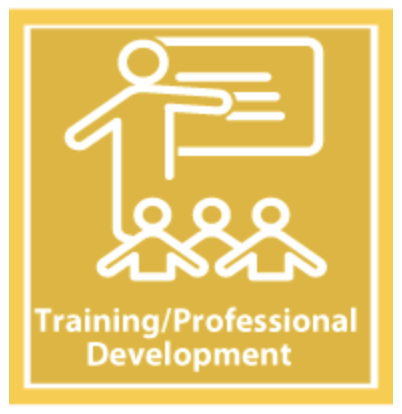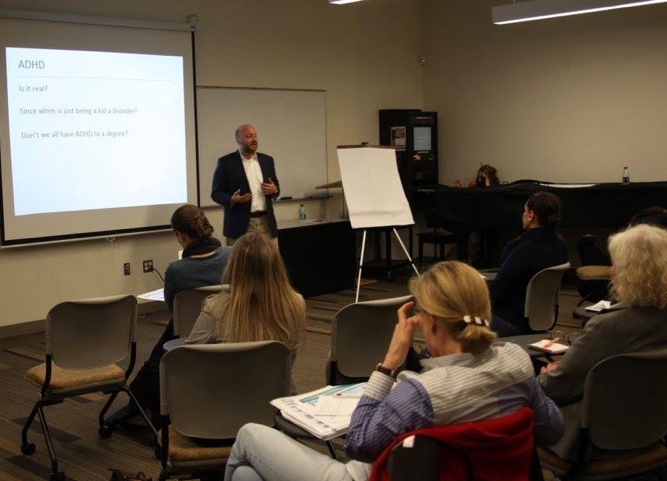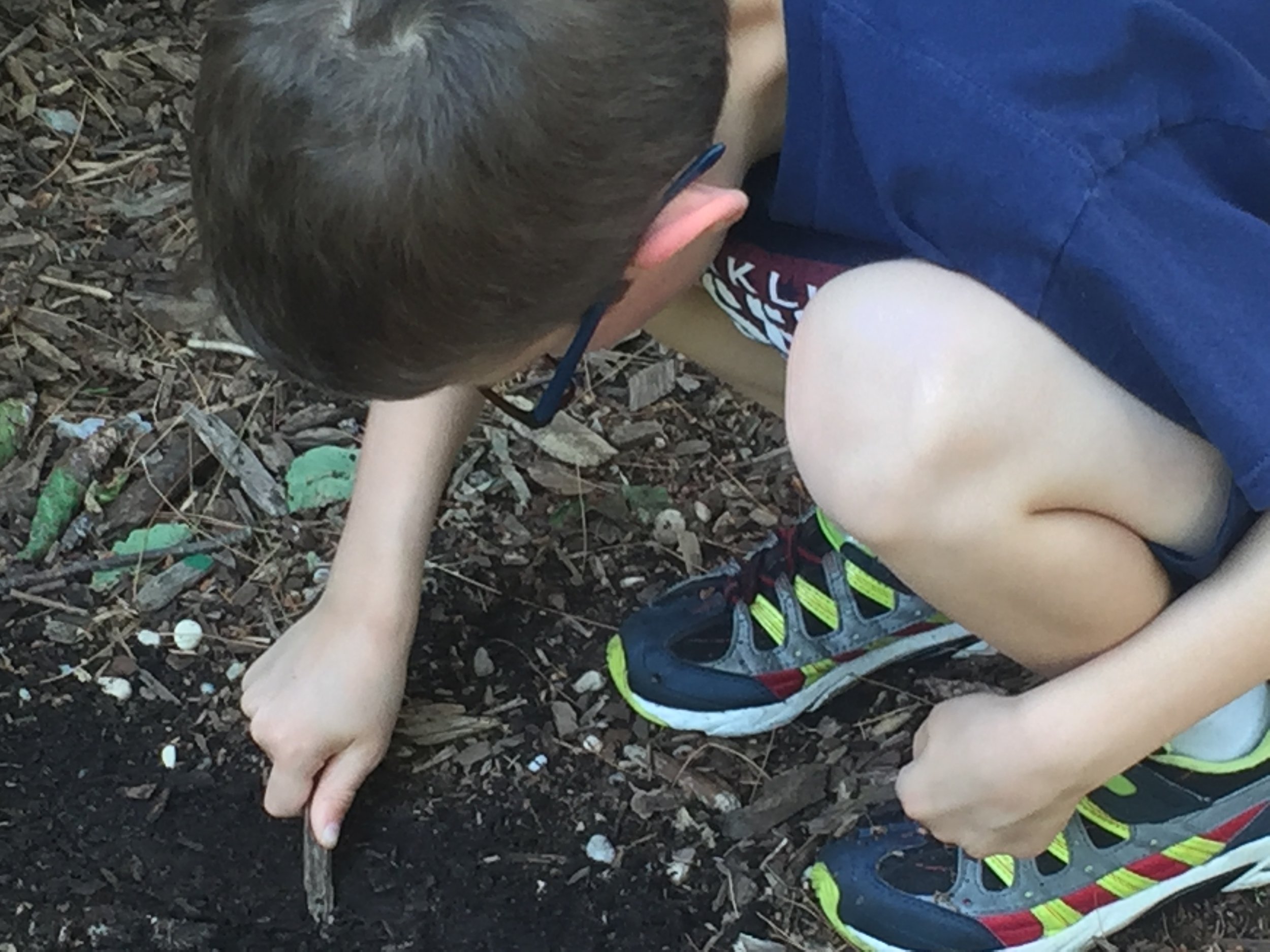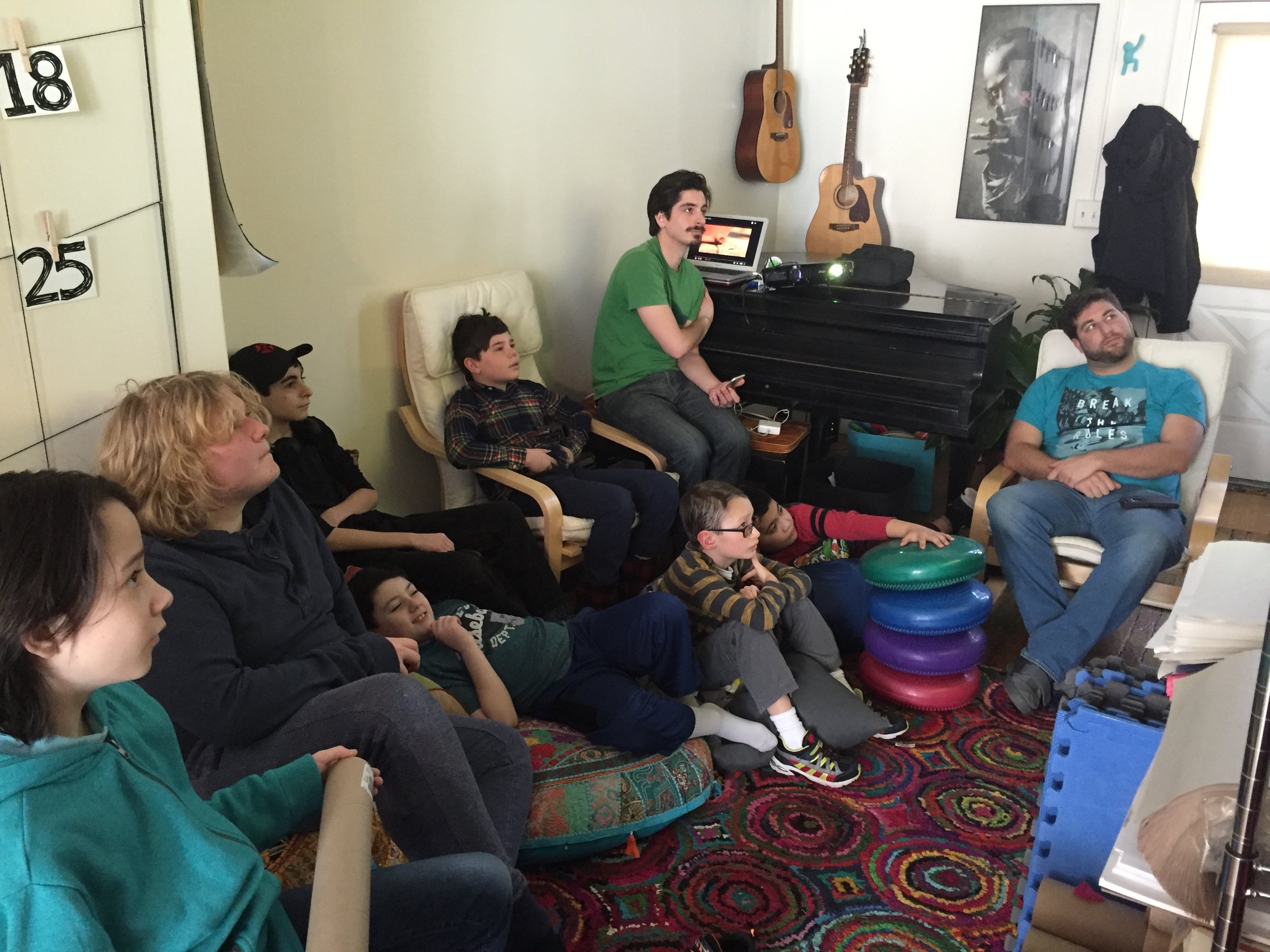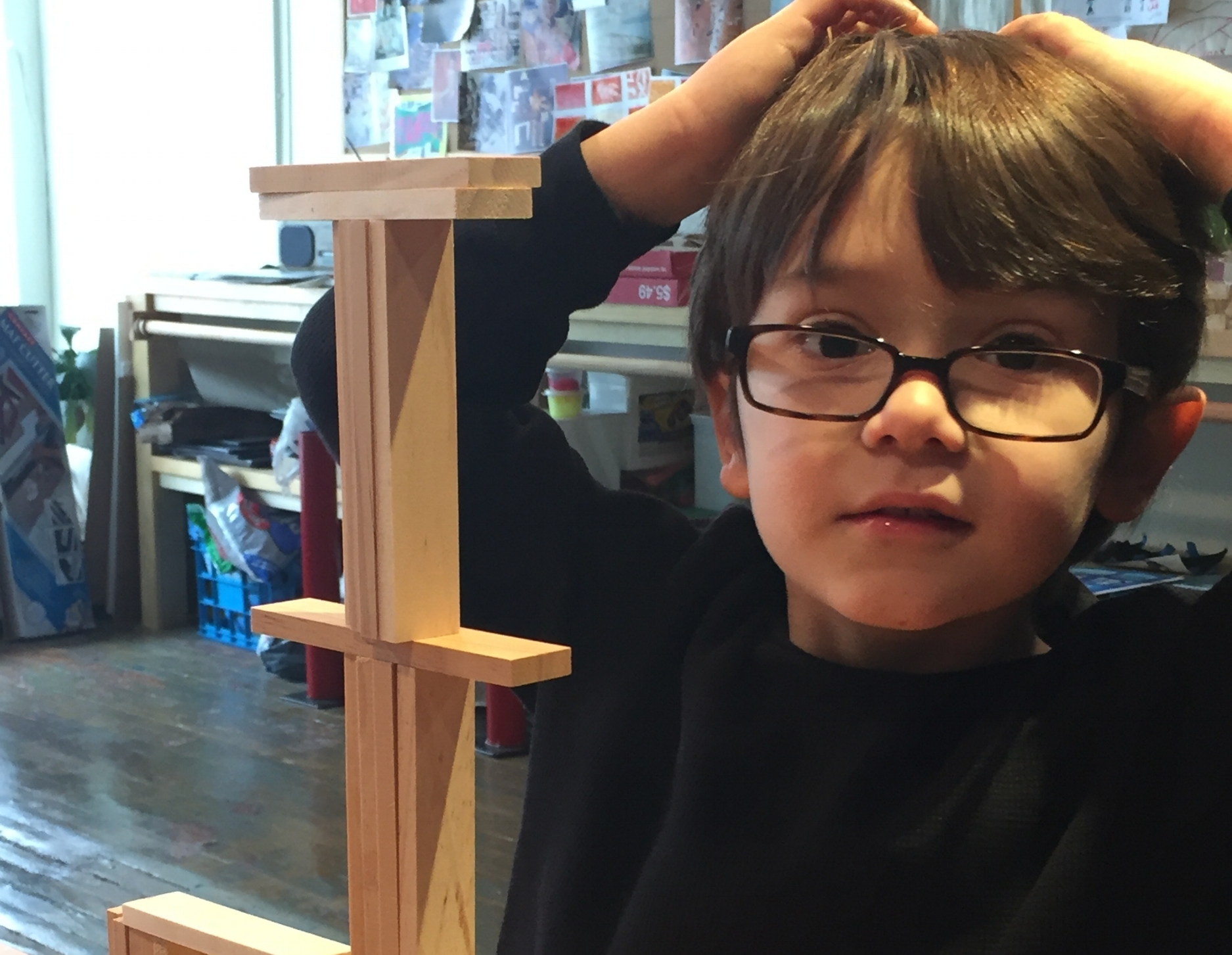
Putting Resilience into Practice for Gifted & 2e Children, Adolescents. Adults, & Families
Melissa Sornik has created a unique, family-centered practice specializing in, but not limited to, gifted and twice-exceptional (2e) children, adolescents, adults, and their families.
Our services for children, adolescents, and adults support the social, emotional, and academic needs, including that of gifted and 2e individuals, who are challenged by executive functioning and self-regulation difficulties, anxiety, depression, ADHD, and learning disabilities such as dyslexia, or autism. We view, assess, and support each client within the context of multiple environments, with an emphasis on home, educational, and professional settings. We offer a positive and strength-based approach to treatment in which we identify and value the abilities of every client to foster positive outcomes including confidence and healthy self-esteem. Services are provided in a relaxed, comfortable, and family-friendly setting.
Our services for parents and families include family therapy, groups, and educational workshops. We develop our programs based on a systems approach to development and treatment. Melissa Sornik’s B.E.S.T. model for building healthy relationships is also incorporated in the practice’s approach.
APPROACH TO TREATMENT
Our practice provides a positive psychology-informed, strength-based approach to counseling, using techniques that incorporate research-based models including elements of Cognitive Behavioral Therapy (CBT), Acceptance and Commitment Therapy (ACT), Social Thinking (M.G. Winner) and Collaborative and Proactive Solutions (R. Greene). The cornerstone of our treatment framework is a focus on client strengths, abilities and resilience.
BUILDING A TOOLBOX OF SKILLS
An individualized "toolbox of strategies and skills" is vital for each client. We know that effective communication and healthy relationship functioning (learn more about the B.E.S.T. model) are critical to successful outcomes. Clients are provided with counseling, education, and "tools" to achieve their goals. Parent, caregiver, and gifted adult workshops and support groups are a venue for participants to share experiences, strategies, and skills in a welcoming and non-judgmental community of peers.
WORKING WITH CLIENT SYSTEMS
The practice’s clinical network of professionals draws upon social work and education backgrounds and training. Systems theory and the four elements of B.E.S.T. are applied in order to understand the dynamic interrelations between individuals, families, institutions and societies. Clients are viewed as a system with internal and external "moving parts" and influences, and we seek to identify how that system functions, what aspects of that system have a negative, or positive impact on our clients and understand how we can cause or preserve positive change in that system. Due to the complexities and variations of gifted and 2e individuals, and characteristics that may change in different environments, a systems approach to treatment that is individualized to the client's needs is the most comprehensive and inclusive treatment modality... and it is the core element of service provision.
Online individual, family and group counseling sessions and consulting services are available on a case-by-case basis.
A COMMUNITY OF EXPERTS
Our network of independent practitioners has presented lectures and workshops on gifted and 2e-related topics at local and national conferences. Practitioners have also published articles on the subject of 2e and topics relevant to 2e and giftedness. Pulling from personal and professional experience working with giftedness and twice-exceptionality, the practice hosts onsite and online psychoeducational workshops and events pertaining to gifted and 2e relevant topics several times a year. The practice also provides onsite and online informational and professional development workshops and trainings for the workplace, schools, parent groups, and other mental health agencies/providers.
LEARN MORE ABOUT OUR Services
“Gifted children with learning disabilities who are seen as defective, in constant need of remediation, come to view themselves with shame and doubt... But when those closest to them honor their strengths and believe in their ability to fulfill their dreams, they are able to mobilize their will to succeed against all odds.”





